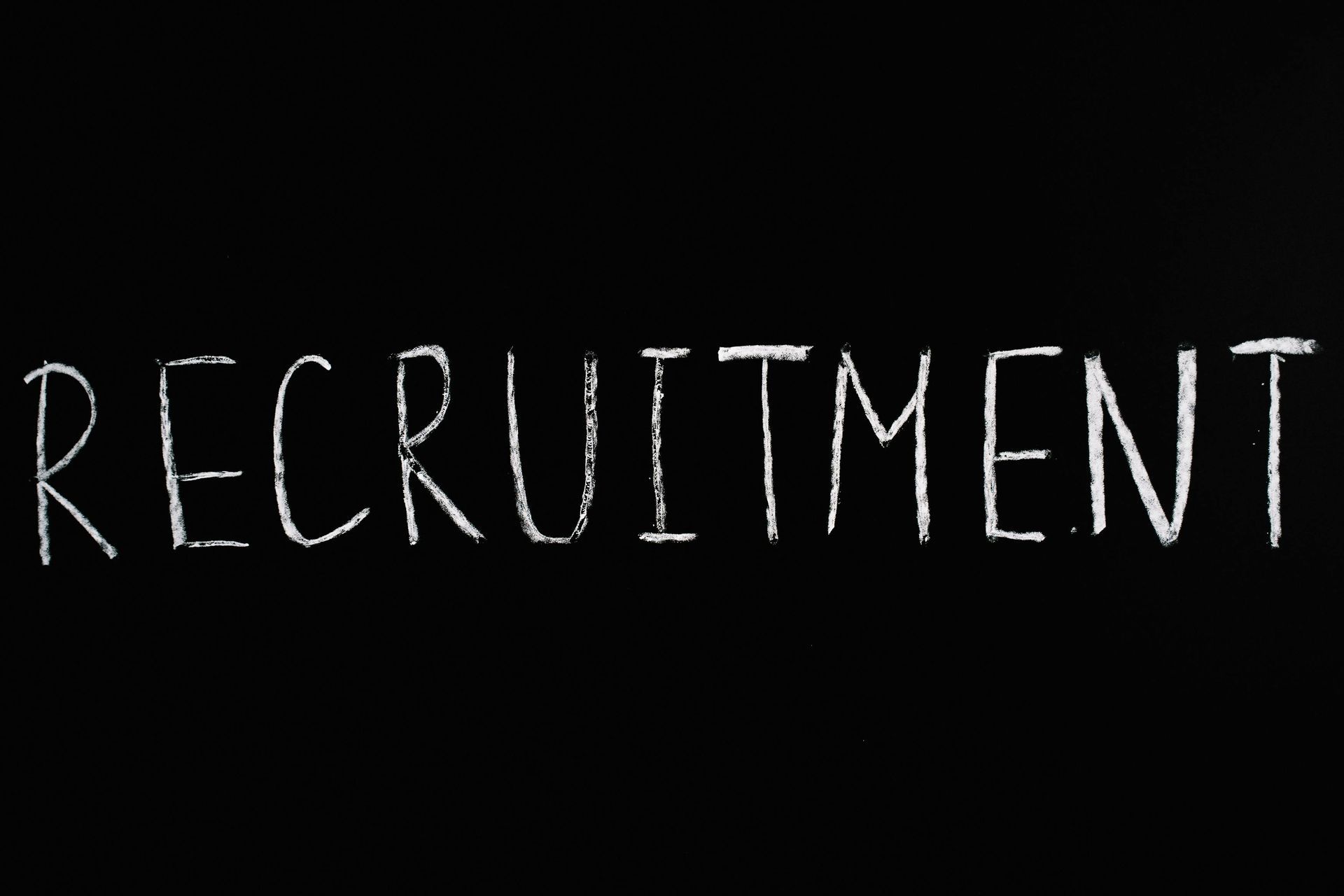How are your team members feeling?
Gemma Higgins • May 9, 2021
Have you asked them?
Our working lives were changed enormously when lockdown started. As lockdown eases, our working lives will change again.
For many people coming out of lockdown is not a choice. Across the country people are being called to return to work and the prospect of returning carries with it a need to weigh up the potential safety risks, with the need to earn money, restart the economy or provide service to others.
People may have a lot of mixed feelings about returning to work – it may be exciting and something they’ve wished for or they may be angry that they are being forced back too fast. They may be worried about public transport and social distancing on the job. They may be or angry or frustrated with their employers, or at the guidelines available from government for their industry. It may be that the circumstances of their work cause them anxiety or frustration– especially if other people’s choices or behaviours increases their risk of catching the virus.
As with any period of intense and unrelieved stress, when the stress is lifted, there is sometimes an impact on physical or mental health. It’s possible that as lockdown eases, people may realise how hard it has been and may get unwell, or feel low.
It’s important that you check in on your team, whether they are at home or in the workplace, to see how they are feeling. Make sure you are approachable, so they feel they can talk to you if they are struggling.
You know your team well so here are some changes to look out for that might be a sign of poor mental health:
- poor concentration
- being easily distracted
- worrying more
- finding it hard to make decisions
- feeling less interested in day-to-day activities
- low mood
- feeling overwhelmed by things
- tearfulness
- tiredness and lack of energy
- sleeping more or less
- talking less and avoiding social activities
- talking more or talking very fast, jumping between topics and ideas
- finding it difficult to control your emotions
- drinking more
- irritability and short temper
- aggression
However, noticing some of these signs doesn’t mean you should make assumptions about what mental health problems your employees may have. Instead, use them as a way of noticing when you should start a conversation about how your employee is coping.
The NHS has a directory of mental health support contact details. These mental health charities, organisations and support groups can offer expert advice.
Other posts:

Summer is here and with it comes fresh challenges for employers. From the surge in side hustles to the never ending debate about switching off after hours. In this blog, we’re diving into what these trends mean for your business and sharing practical tips to help you stay ahead and keep your team happy and compliant.


